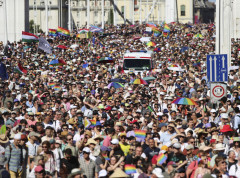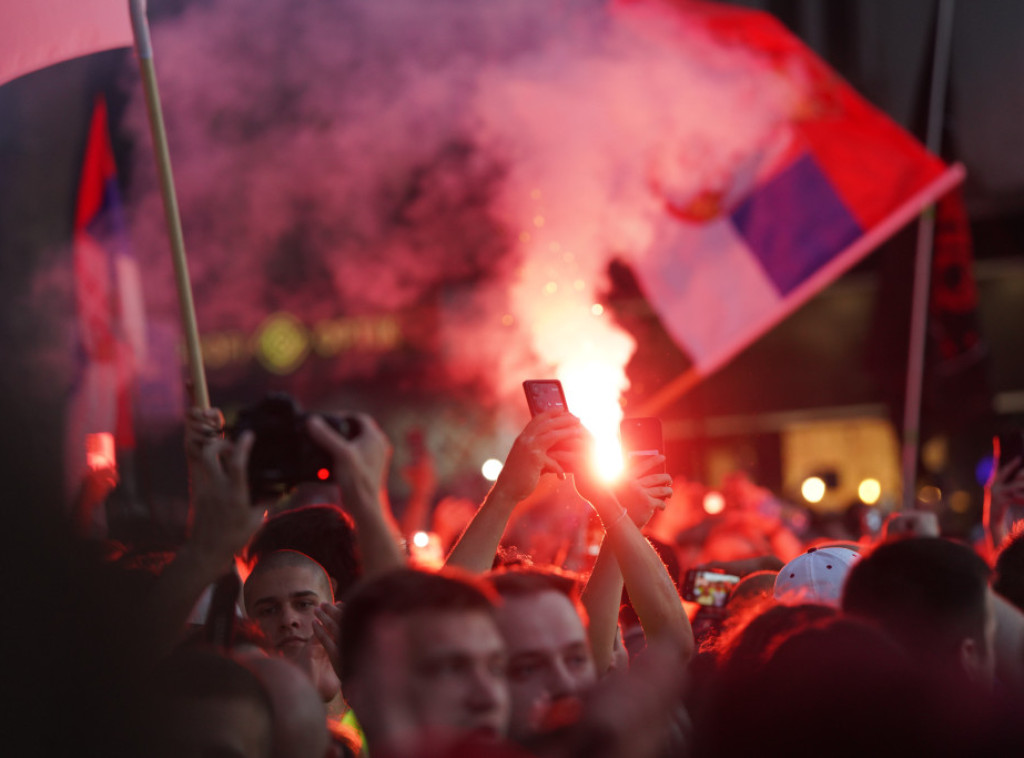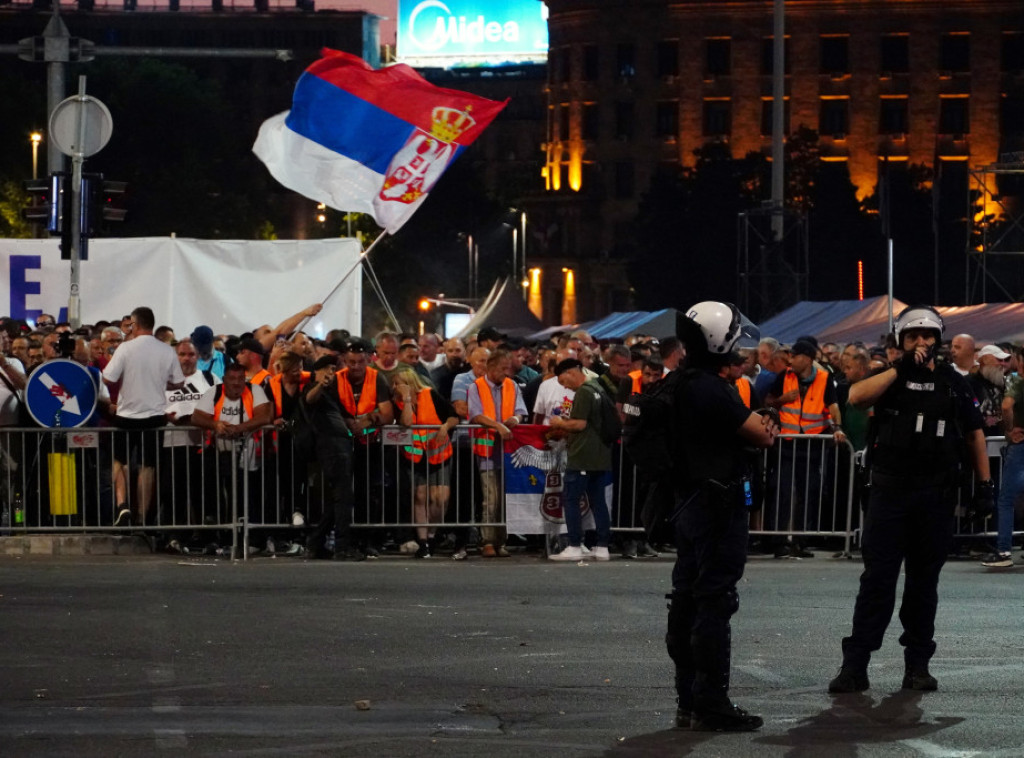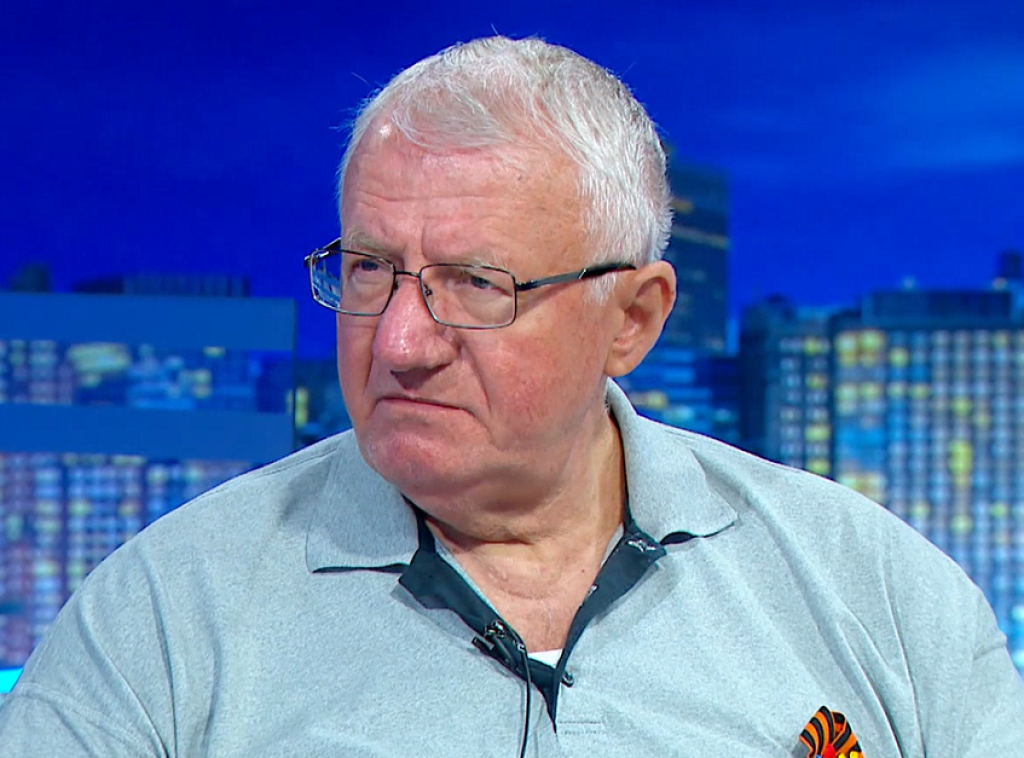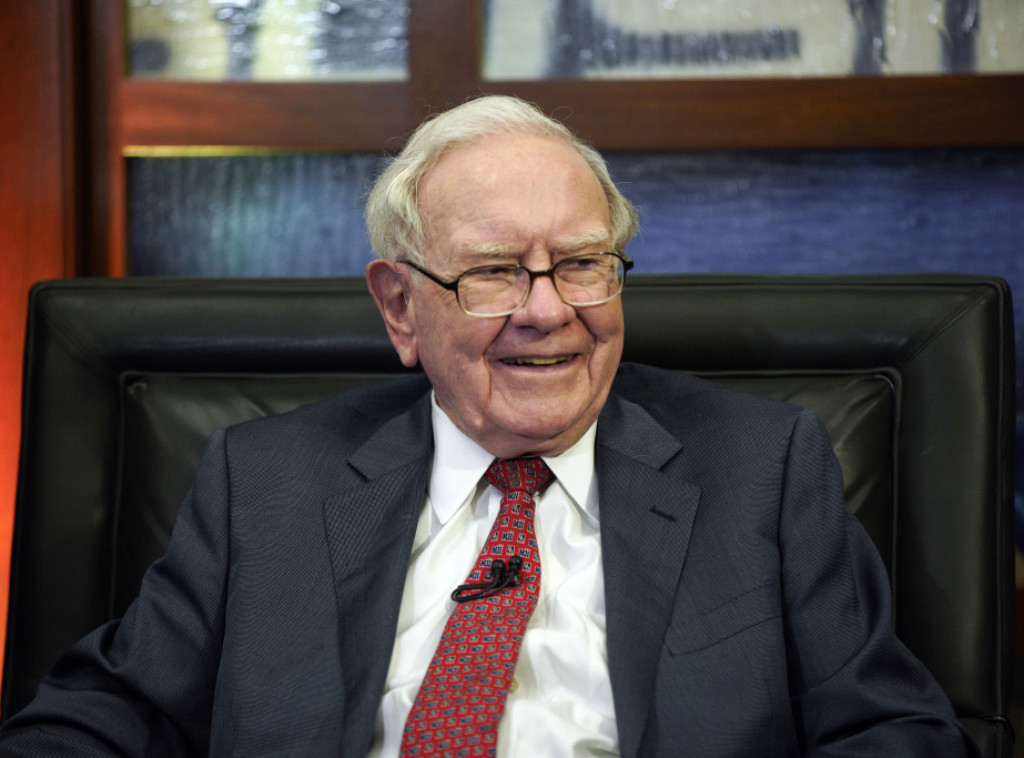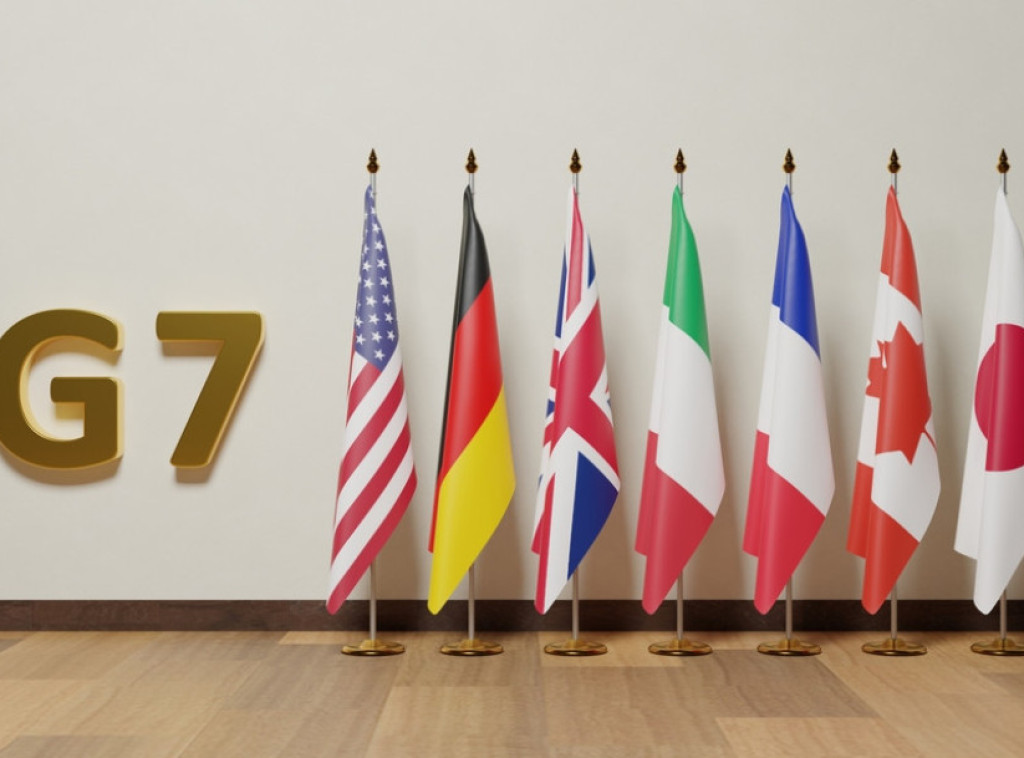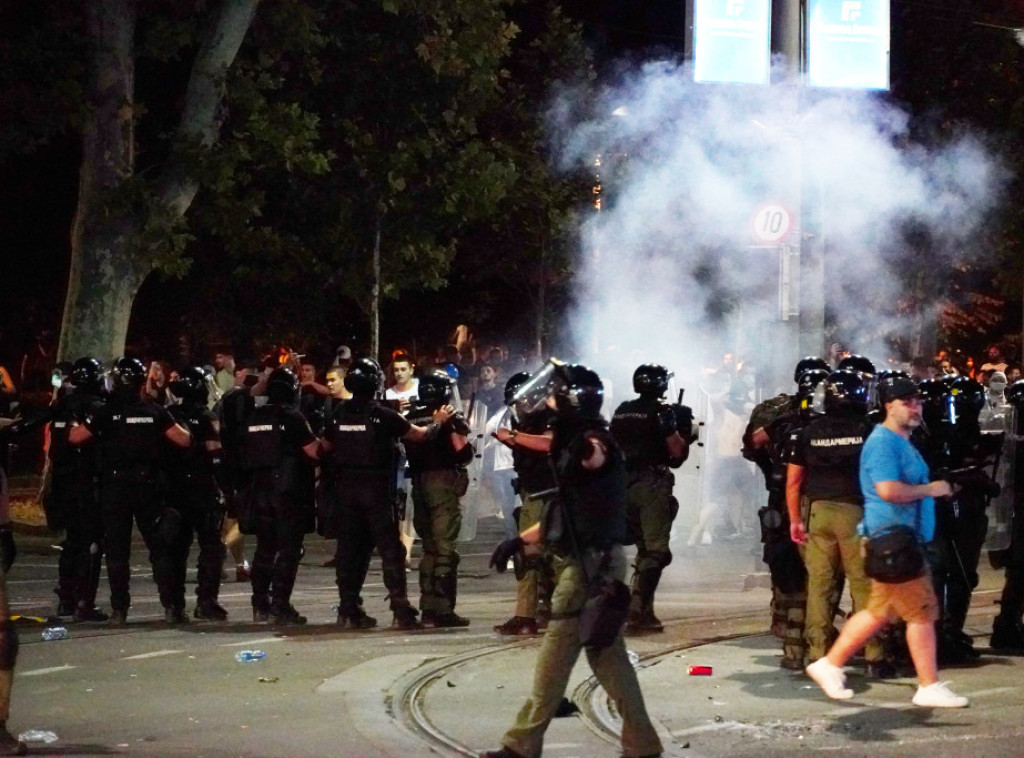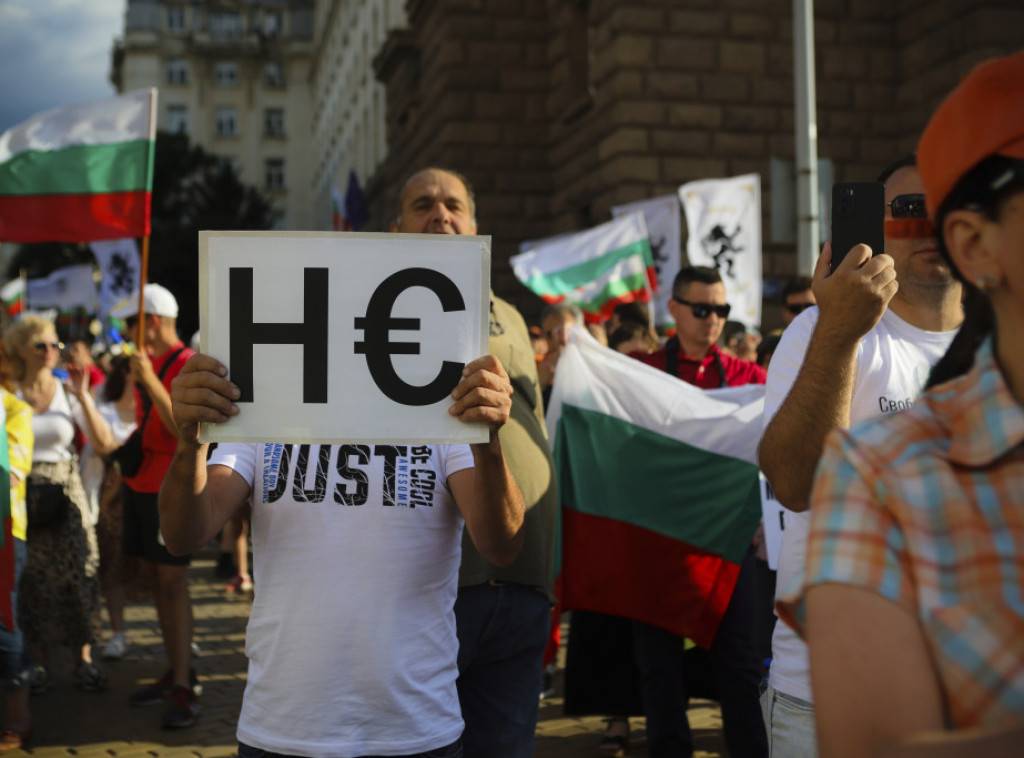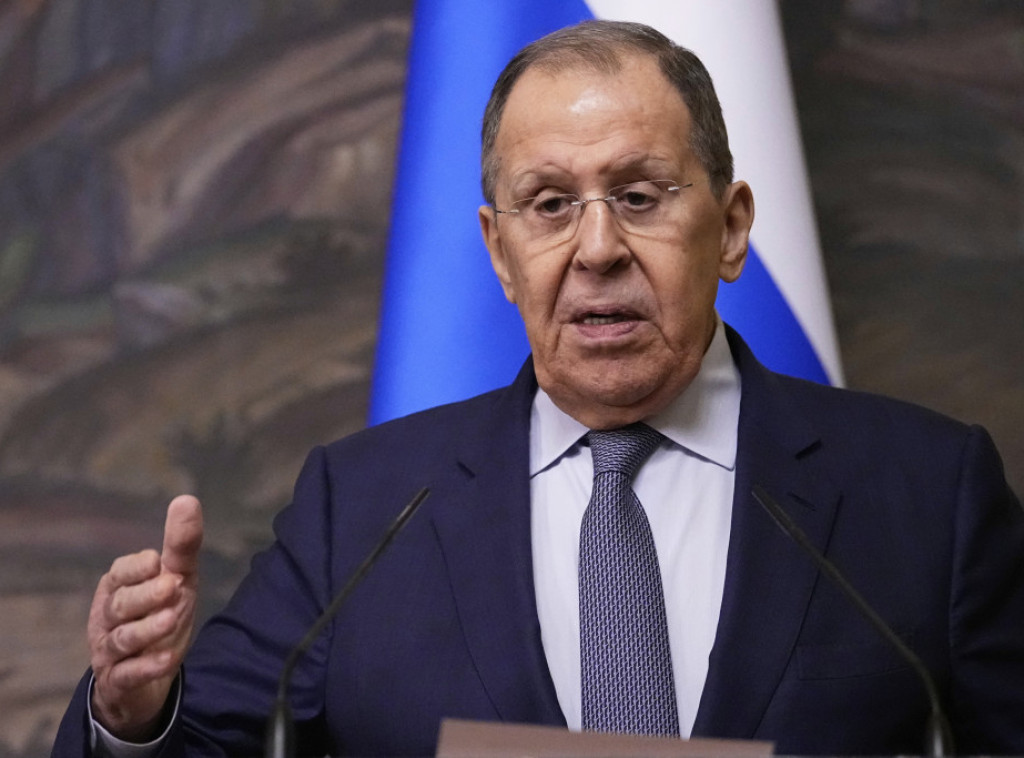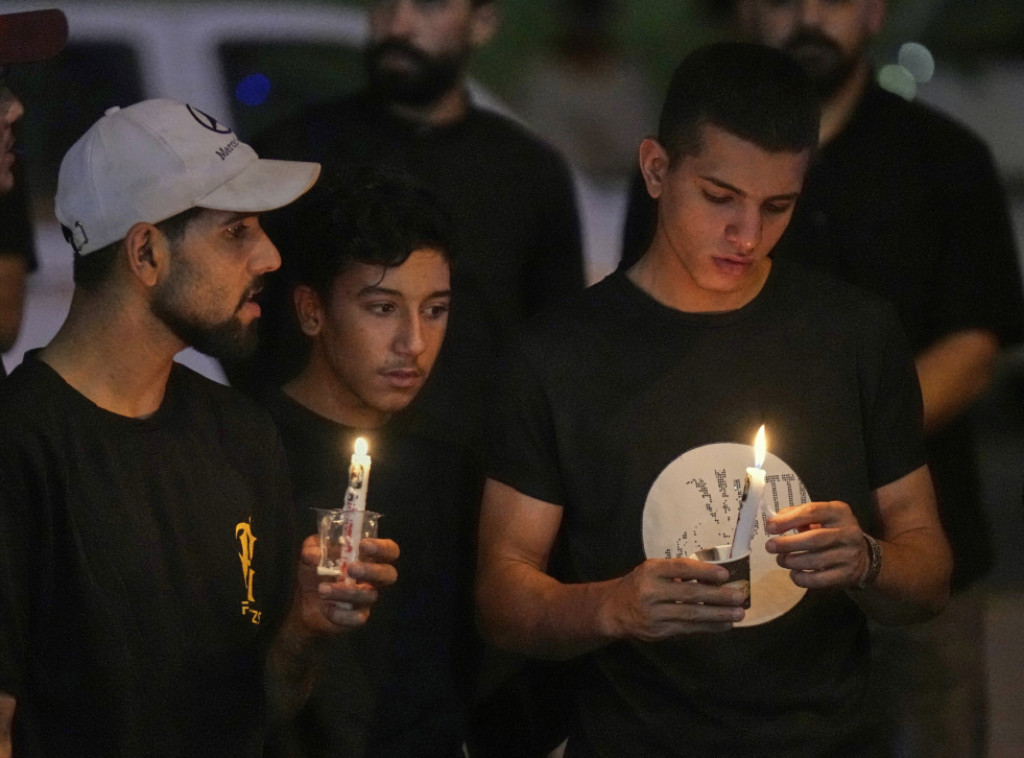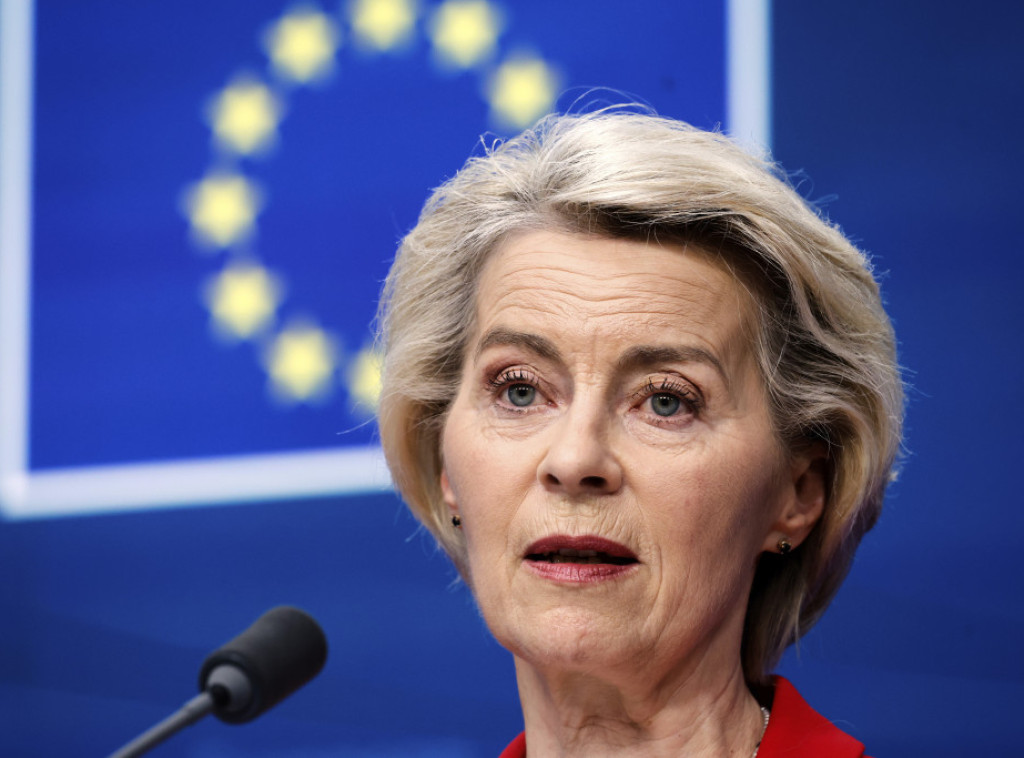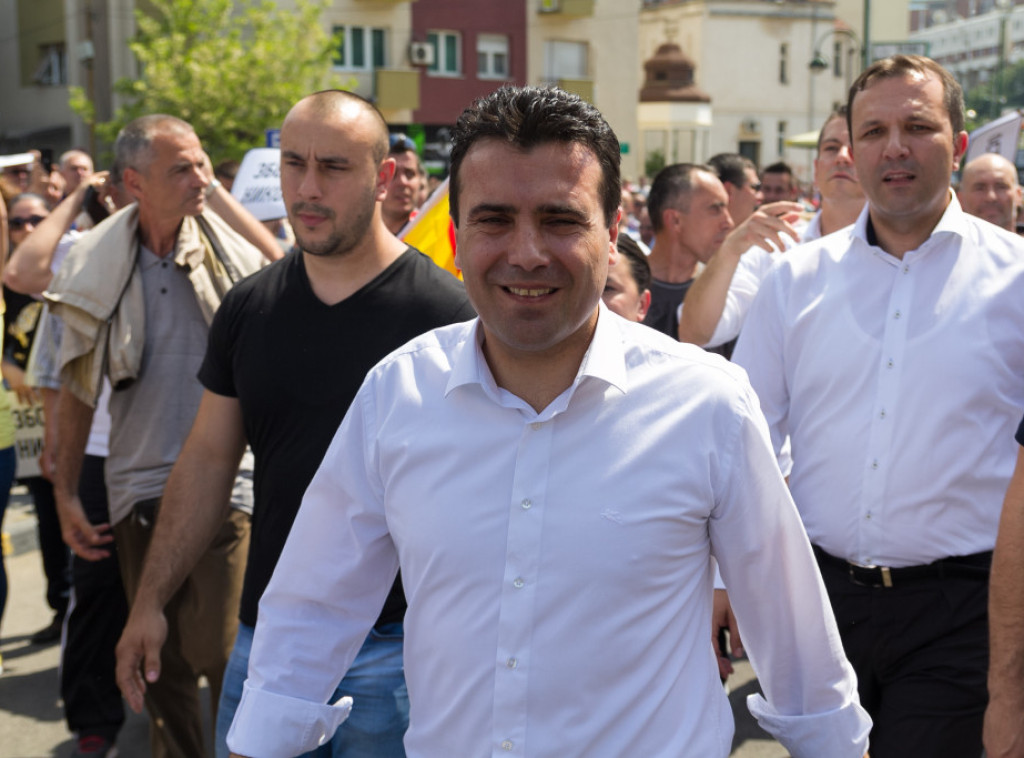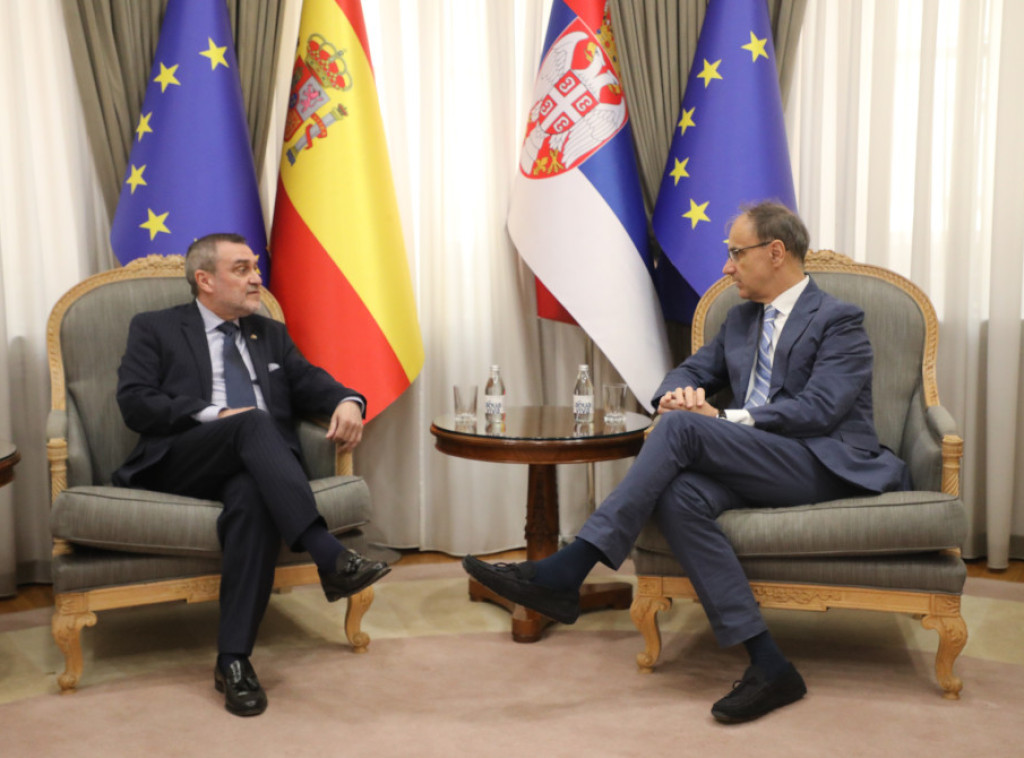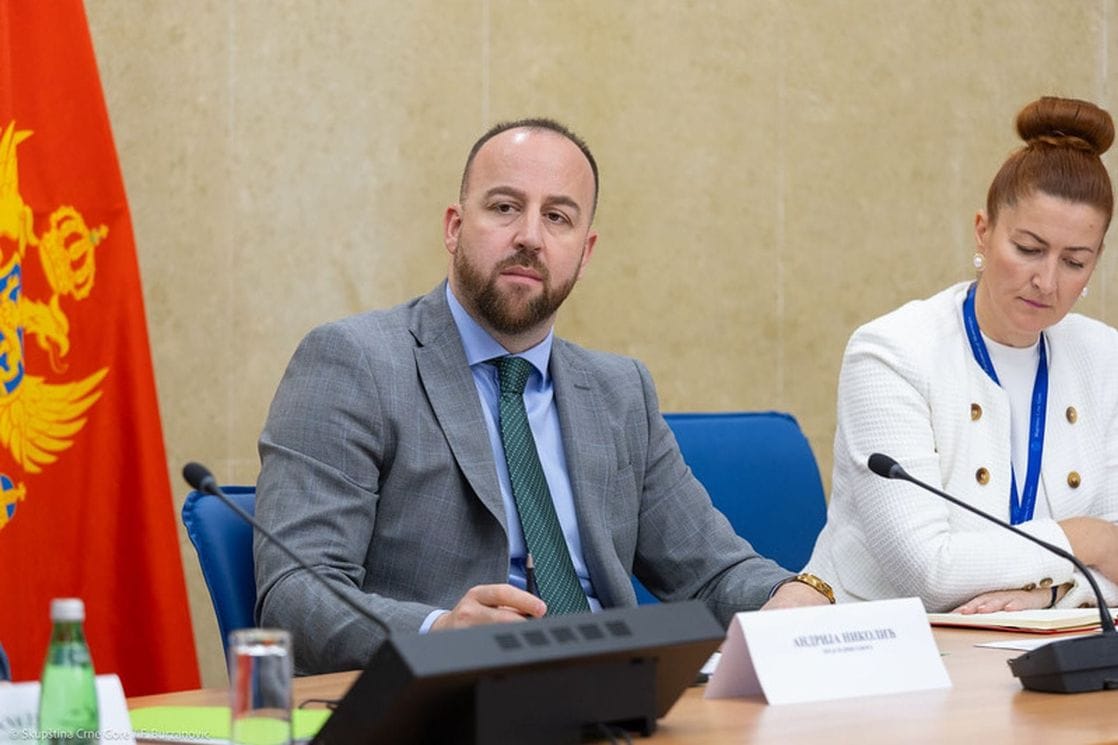Budapest was the epicenter of a colorful, rebellious, and massive Pride march that, despite the Hungarian government’s ban, gathered nearly 200,000 people! Yes, you read that right – TWO HUNDRED THOUSAND people, mostly young, took to the streets to show that love and LGBTQ rights cannot be stopped by Prime Minister Viktor Orban and his repressive policies.
Orban’s Ban That Backfired
Hungarian police officially banned the Pride last week, citing “protection of children” as the reason. But the organizers, led by the Budapest mayor’s office, decided the parade must go on. And they weren’t joking – Mayor Gergely Karácsony, from the Green Party, called on people to come “peacefully, bravely, and together.” Orban threatened legal consequences but simultaneously ruled out police intervention, probably to avoid looking like a brute in Europe’s eyes.
Massive Turnout and Unforgettable Atmosphere
Estimates say between 150,000 and 200,000 people flooded Budapest’s streets, a record attendance in the city’s history. The BBC described the atmosphere as a “party that spilled onto the streets,” with singing, dancing, and a rainbow explosion that shattered the dullness of Orban’s politics. Among the crowd was Greta Thunberg, who told Orban that “fascists cannot ban love.”
Orban’s Reaction: Disgusting and Shameful
Of course, Prime Minister Viktor Orban couldn’t stay silent. He called the Pride “disgusting and shameful,” accusing opposition politicians and the European Union of orchestrating the event and using it for political games. But it seems his ban and repression attempts only sparked greater support and solidarity across Europe.
European Commission and Continental Reactions
The ban in a country of 9.6 million people angered the European Commission, which made it clear such measures are unacceptable. Over 70 Members of the European Parliament announced plans to attend the next Budapest Pride, telling Orban they won’t tolerate the dismantling of European values. While Paris held its own Pride, LGBTQ representatives warned that a “reactionary international” is spreading from the US through Hungary to Russia and Italy.
What Does This Mean for Hungary and Beyond?
Orban’s “illiberal democracy” and attempts to undermine LGBTQ rights are not just a local issue. It signals a battle for fundamental human rights and freedoms at Europe’s heart. Though Orban tried to polarize society and present himself as a defender of traditional values, the massive turnout shows society is far more complex, and rights cannot be crushed by bans and threats.
Conclusion: Love Wins, Orban Loses
Despite all attempts to stop it, Budapest Pride became a symbol of resistance, freedom, and courage. Orban’s ban turned into a massive own goal, only motivating tens of thousands to take to the streets and prove that love and LGBTQ rights cannot be ignored.
If you thought Orban’s policies would stop this wave of change, think again. This Pride proves rights aren’t given, they’re won – and in style! So, what do you think? Did Orban manage to stop this movement, or did he just give it a wind in its sails? Drop a comment, let the street’s voice be heard!







